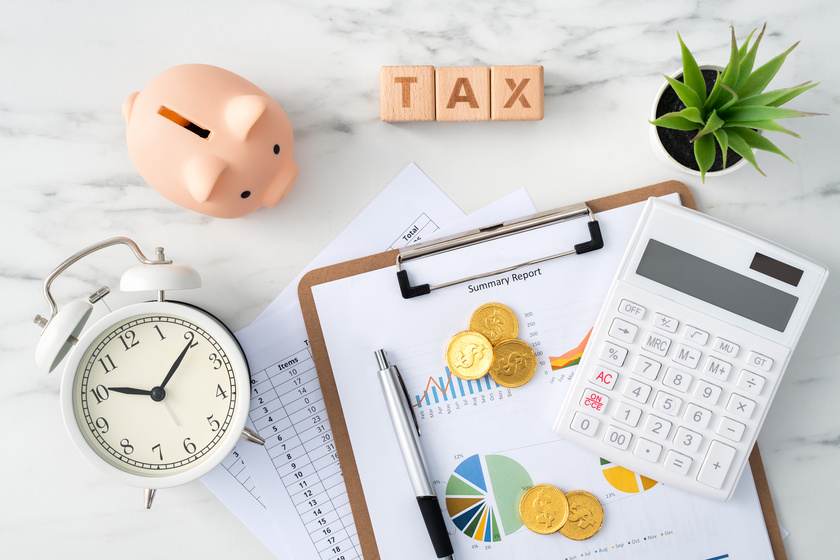Kansas levies a state income tax but offers its citizens a sizable personal deduction, making it a perfect destination for retirement. If you are considering moving into retirement communities in Kansas, read this article to further understand your required taxes when retiring in Kansas so you could have your finances sorted out
Income Tax Rates in Kansas
These are the income tax rates in Kansas: 3.5% for couples who are married with taxable income between $30,000 and $60,000 and 6.45% for singles with taxable income above $30,000; 6.25% for married couples filing jointly with taxable income over $60,000; and 6.45% for taxable income for singles over $15,000. If filing jointly, some married couples can be required to pay the 6.45% rate.
As long as your annual income is less than $75,000, Kansas does not tax your Social Security or Railroad Retirement benefits. Based on your federal tax return’s adjusted gross income, you are excused from paying these benefits.
Annuities paid by the federal civil service are free from Kansas’s state income tax. In Kansas, the majority of other retirement income, such as private pensions, annuities, and IRA withdrawals, are taxed.
Sales Tax in Kansas
All retail transactions in Kansas are subject to a 6.3% sales tax. In Kansas, food is not excluded from sales tax. Cities and counties in Kansas are each permitted to levy an extra 1% or 2% in sales taxes on top of the state sales tax.
This implies that in some locations of Kansas, including retirement communities in Kansas, the sales tax might be as high as 9.3%. You may file for a Food Sales Tax Refund if you live in Kansas, which would raise your state income tax refund.
You must be over 55 and have an income of less than $30,000 annually to qualify for this return. People who live with a kid under the age of 18 are also eligible to request a refund.
Property Tax in Kansas
If you reside in retirement communities in Kansas, you are required to pay property taxes to both the county and the state governments. A 20-mill tax and a 1.5-mill levy are levied by the state of Kansas on each piece of real estate, respectively. You must get in touch with the state and your county assessor to find out your property tax rate.
In Kansas, homeowners and renters, as well as residents of retirement communities, can get a homestead property tax refund. The requirement is to be born before January 1, 1955, and earn less than $30,800 annually to be eligible. If you are eligible, this return entitles you to a 45 percent property tax refund.
You may also be eligible for a second refund called Safe Senior if you are over 65. To be eligible for Safe Senior, your annual income must be less than $17,500.
Vehicle Tax in Kansas
Vehicles are subject to property taxes in Kansas as well. The age, kind, registration, weight, and value of your car all go into how much vehicle tax you will pay. The rate fluctuates since different counties impose different car fees.







